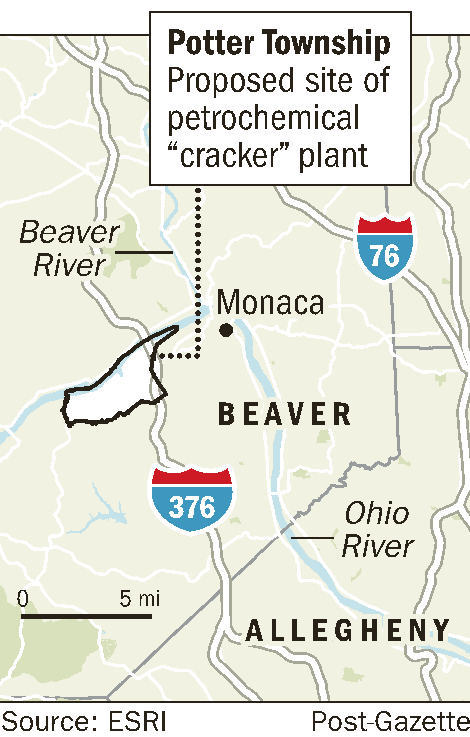Natural gas transportation and storage firm, Energy Transfer Partners LP
unveiled the details of its earlier announced Revolution Project. The project is expected to augment the partnership's operations in the Marcellus and Upper Devonian production areas of Western Pennsylvania.
Energy Transfer added that it has signed a long-term gas gathering, processing, and fractionation contract with EdgeMarc Energy. Also, the partnership has bought about twenty miles of high pressure pipeline from EdgeMarc for the smooth functioning of the same. Additionally, Energy Transfer plans to construct a new cryogenic gas processing plant, a new fractionator and other gas gathering pipelines, which will facilitate work at the project.
The partnership anticipates the pipeline systems and the associated facilities to result in capital spending of about $1.5 billion.
Energy Transfer's 440 million cubic feet per day proposed Revolution Pipeline will originate in Butler County, PA and extend to the partnership's Revolution Plant, which will be built in Western Pennsylvania.
This cryogenic gas processing plant is expected to come online by the second quarter of 2017. The facility will have provisions for expansion to support processing of third-party gas.
The partnership added that the residue gas from this facility will be transported to downstream markets via its Rover interstate pipeline. Natural gas liquids, on the other hand, will be delivered to the domestic and export market through the Mariner East pipeline system that is owned by the partnership's affiliate - Sunoco Logistics
. Transporting the products though its own pipelines will result in flow assurance as well as revenue benefits.
The deal also involves building a fractionation facility at Sunoco Logistics' Marcus Hook Industrial Complex in Marcus Hook, PA. This facility is also expected to commence operations by the second quarter of 2017.
Energy Transfer currently has about 85-90% of its assets under fee-based projects and this contract is another worthy addition to its portfolio. However, the company is more sensitive to commodity price volatility in comparison with other master limited partnership subgroups, which raises concern.




